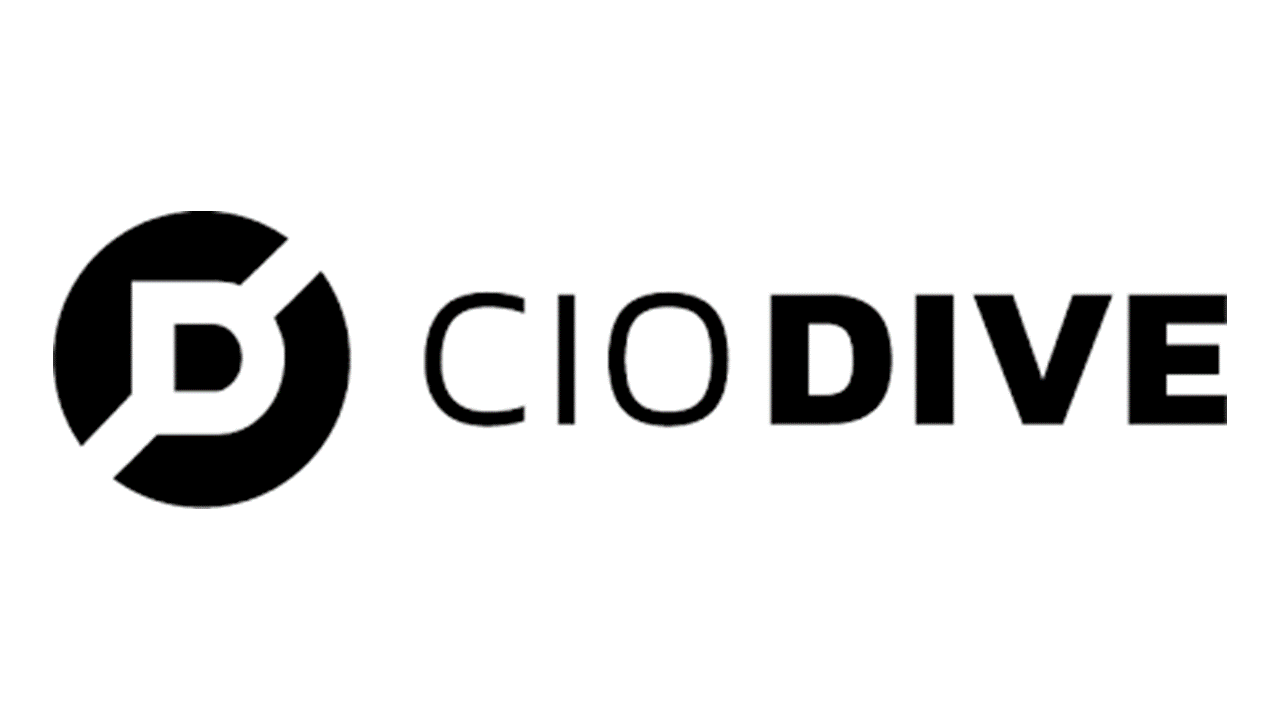While many seasoned professionals regularly ponder the impacts of AI on their job prospects, there’s another dynamic emerging: many businesses are slashing new graduate hiring, citing AI adoption as a driver.
In the U.S., recent college graduates are seeing unemployment rates of nearly 6%, well above the national average. This points to a shortsightedness in strategy and leadership which not only leaves junior talent with sparse opportunity, but also prevents businesses from building a talent pipeline that is prepared for the future.
Executives and managers focused on long-term success and developing a future-ready workforce need to stop in their tracks and fix a very broken mindset, before too much damage is done.
We are just at the start of a significant escalation in graduate unemployment, where AI advancements, combined with corporate greed, are right at the core. Firms who sacrifice developing young talent for AI are already losing their identities and becoming faceless corporations united under a logo.
When hiring young people is no longer viewed as an investment, humanity seeps out of the workplace. Why train a junior analyst when you can just prompt ChatGPT or license Gemini or Claude? Leaders at these firms need to resist this trend rather than accelerate the shift.
Talent shifts underway
The issue with early career hiring is symptomatic of a broader problem facing workplaces today. Leaders struggle with how AI and human workflows intersect, overlap and complement each other. This means a real design problem is at hand for the future workforce. Reskilling will be required to ensure humans have the tools and know-how at their fingertips to tap into AI’s potential.
If we want reskilling to be meaningful, we need to rethink the role of human work in an AI-native system. What does it mean to be useful, accountable, or expert when AI handles most of the synthesis? CXOs and talent leaders need to stop asking which skills to teach and start asking what roles still require human thinking.
Adjusting the approach to talent development requires connecting employee experience with customer experience and business outcomes. Here are some practical ways to approach the mindset shift that’s required:

If you don't have an account, Register here |
With the exception of our Horizons reports, most of our research is available for free on our website. Sign up for a free account and start realizing the power of insights now.
Our premium subscription gives enterprise clients access to our complete library of proprietary research, direct access to our industry analysts, and other benefits.
Contact us at [email protected] for more information on premium access.
If you are looking for help getting in touch with someone from HFS, please click the chat button to the bottom right of your screen to start a conversation with a member of our team.